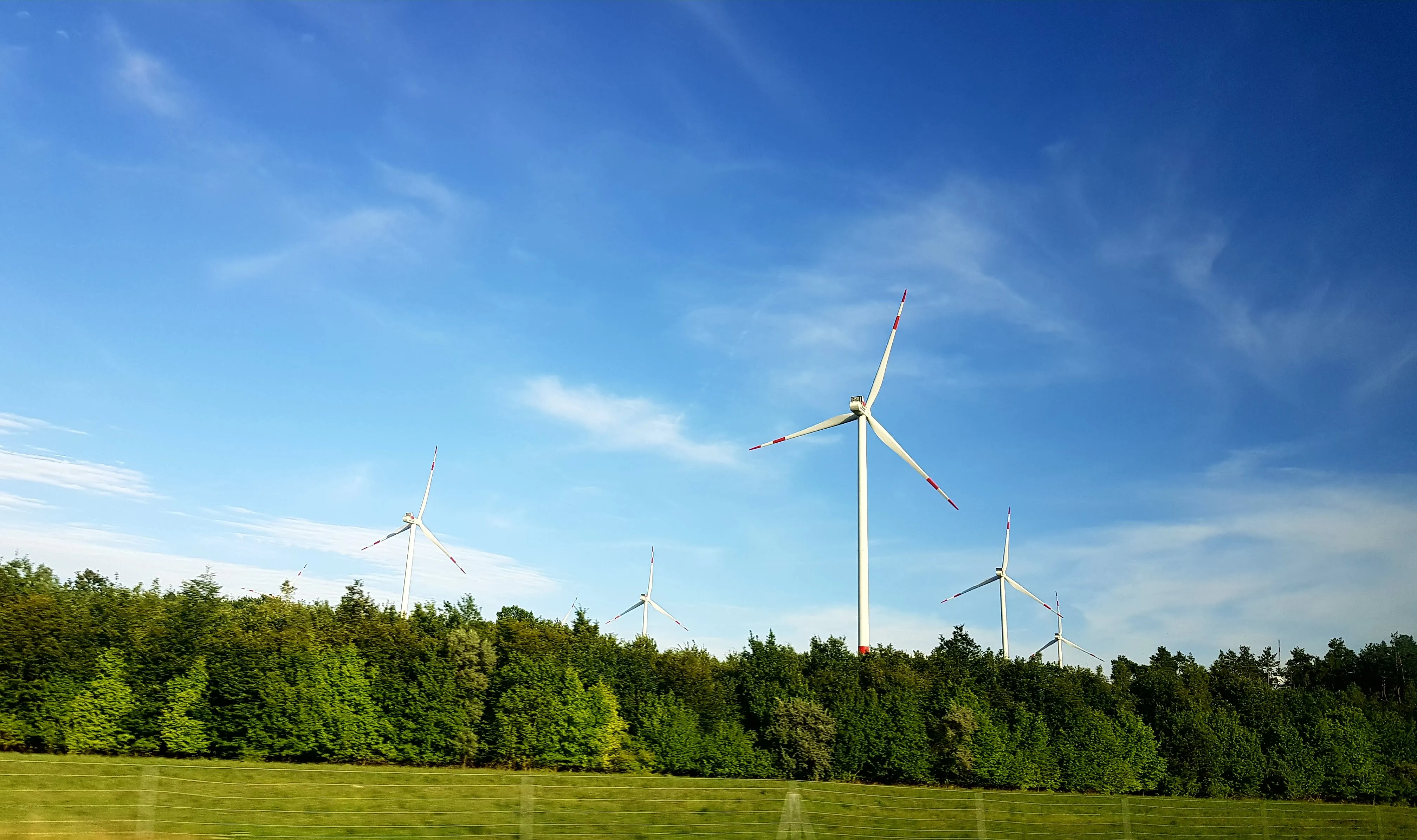The Environmental Impact of Renewable Energy on Farms
"Explore the vital topic of 'The Environmental Impact of Renewable Energy on Farms' with Vriksha Farms. This insightful blog post examines how the adoption of renewable energy sources like solar, wind, and biogas can positively transform the environmental footprint of farming. Learn about the sustainable benefits, challenges, and best practices for integrating renewable energy into agricultural operations. Understand how renewable energy aligns with eco-friendly farming practices, contributing to a more sustainable and responsible future in agriculture."

Introduction
The integration of renewable energy into farming practices is a crucial step towards a sustainable and environmentally conscious agricultural sector. Vriksha Farms, with its commitment to responsible agroforestry and sustainable living, is at the forefront of this transition. Understanding the environmental impact of renewable energy on farms is essential to appreciate the full scope of its benefits. This blog post examines how renewable energy sources like solar, wind, and biomass positively impact farm environments.
Positive Impacts of Renewable Energy on the Environment
- Reduction in Greenhouse Gas Emissions
Renewable energy sources significantly reduce greenhouse gas emissions compared to traditional fossil fuels. By adopting renewable energy, farms can lower their carbon footprint, contributing to the fight against climate change.
- Preservation of Natural Resources
Renewable energy helps preserve natural resources. Solar and wind energy, for example, utilize abundant natural resources – sunlight and wind – that are replenishable and don't deplete the earth's resources.
- Improved Air and Water Quality
Switching to renewable energy reduces pollution, leading to improved air and water quality. This is particularly important in farming, where water and air quality directly affect crop health and yield.
Vriksha Farms: Leading by Example
- Implementing Renewable Energy Solutions
Vriksha Farms integrates renewable energy solutions in its farm development projects. This approach demonstrates how farms can be both productive and sustainable, reducing environmental impact while maintaining high efficiency.
- Emphasizing Responsible Agroforestry
The company's commitment to responsible agroforestry involves the use of sustainable practices that align with environmental conservation, further enhancing the positive impact of renewable energy on the farm ecosystem.
Addressing Environmental Challenges in Agriculture
- Mitigating Soil Erosion and Degradation
Renewable energy systems, like solar panels, can be strategically placed to reduce soil erosion. Similarly, the use of biomass energy can help manage agricultural waste, preventing soil degradation.
- Promoting Biodiversity
Renewable energy infrastructures, especially when properly planned and implemented, can coexist with local wildlife, promoting biodiversity on farms.
The Broader Implications for Sustainable Agriculture
- Enhancing Sustainable Farming Practices
The adoption of renewable energy is a key component of sustainable farming practices. It complements other eco-friendly initiatives, like organic farming and water conservation.
- Fostering Long-Term Environmental Health
By reducing dependency on non-renewable energy sources, renewable energy helps ensure the long-term health and sustainability of farm environments.
Conclusion
The environmental impact of renewable energy on farms is overwhelmingly positive, offering a path towards a more sustainable, efficient, and environmentally friendly agricultural sector. Vriksha Farms embodies this approach, proving that sustainable farming and environmental conservation can go hand in hand.
